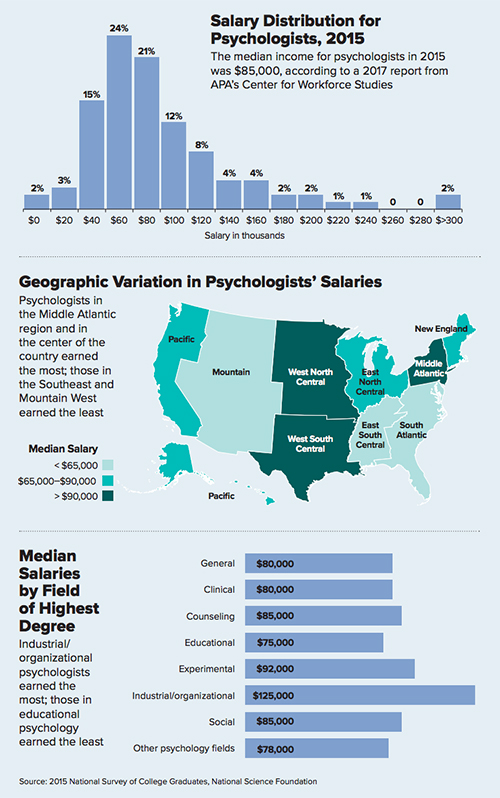I was looking in multiple areas about this topic, and while a lot of the posts seemed older, it really made it seem like doing a PhD/PsyD was not worth that amount of work and effort. And I was surprised to see people saying that in the clinical realm you will only make about 40-60k starting off.
In the areas of clinical practice, teaching, and research, how would you describe the future job outlook, salary, and concerns of over saturation for PhD's and PsyD's?
In the areas of clinical practice, teaching, and research, how would you describe the future job outlook, salary, and concerns of over saturation for PhD's and PsyD's?

